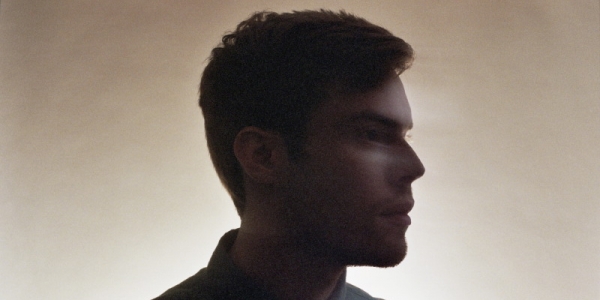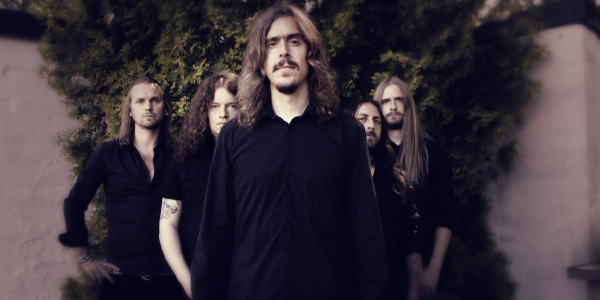“I haven’t really put much thought into it. I’m always working on music so I’ll have these ideas and, because I’m on my own, I’ll tend to write a lot of the parts. It’s not to say that I wouldn’t ever do anything like that, but with this project it’s what seems to work and what continues to work.”
Tatum’s perpetuation of Wild Nothing as an exclusive enterprise isn’t motivated by requiring dominance, rather it’s a consequence of his lone creative development.
“The way I learned how to write songs was just on my own, through my own experimentation and trial and error. Growing up I was never part of a band, I didn’t really have any musical friends,” he relates. Having others to bounce ideas off and arbitrate their success can certainly be valuable in creative endeavours. However, Tatum feels it’s a constructive liberty to pursue one’s whims without the threat of other voices intervening.
“I’ve found that I’m a lot more free when I do things on my own. I censor myself less or – it’s difficult to describe, but I’m a really private person as it is. You have all the time in the world when you’re by yourself working on things. You can just try lots of different things and see what works and what doesn’t.”
The cycle of creative fertility can’t be dictated, but a daily commitment to musical experimentation is likely to yield productive benefits. Tatum explains that his creative spark generally emerges in periodic outbursts.
“We were touring Europe in November and the whole time I was thinking about getting home and starting to work on new things. When I finally got home after that tour I spent a lot of time just working on music. I would try every day to sit down with instruments and just play around and see what came of it. I ended up demoing a tonne of stuff, all kinds of different styles and little instrumentals.”
Various internal and external phenomena can set off the impulse to make music, whether it be seeing other musicians play or using songwriting to fend off personal crises. Tatum describes how the major things driving him to write music have changed over time.
“I think with a lot of my older music there might have been a certain element of catharsis or it being slightly therapeutic in a way. That started to feel a little bit childish or something, I’m not as interested in doing that anymore. I’m most directly inspired from certain artists or albums that I like. Oftentimes it can be extremely direct to the point where there’s a certain melody or chord change in someone else’s song and I want to work around that or get to the core of what makes me like that idea and do something similar.”
The two Wild Nothing albums owe a large debt to Tatum’s record collection; for example Nocturne notably channels the likes of Bowie’s Berlin period and early New Order records. Tatum evidently prefers searching through music history instead of following transient trends and he admits to a current fascination with the work of Brian Eno.
“Over the past couple of months pretty much all I’ve been listening to is his early solo records and then ambient stuff as well. I’ve been listening to the album that he did with Cluster and from that I’ve been listening to a lot of other instrumental Krautrock music.”
Nocturne proves how Tatum can adeptly re-interpret sounds from the records he prizes and he suggests there’ll be evidence of his thorough immersion in Eno’s abstract sounds on the next Wild Nothing release.
“I actually just finished recording a new EP, which we haven’t announced yet, but that will be coming out sometime this year. There’s some way more electronic elements than what I’ve used before but there’s also a couple of completely instrumental ambient songs, which I don’t think people would’ve necessarily expected from me.”
Tatum stresses that the new EP is a distinct document of where his increasing curiosity has led him to most recently and not simply a collection of leftovers. “I think a lot of people these days will release an EP and it’s just songs that didn’t make it onto the last album, but I consciously wrote these songs for this release. It gave me a chance to explore a lot of these ideas and these little outlets that I hadn’t been previously.”
A full-length album is often scrutinised as a definitive declaration of one’s artistic identity as well as being at the mercy of a multiplicity of expectant ears. Tatum explains that when constructing the forthcoming EP he was able to evade such external influences and let himself roam free.
“With the second record I felt a certain amount of pressure to deliver something solid but now the pressure’s kind of gone, so I made exactly what I wanted to make and it felt really good. I’m looking forward to releasing new music in the next year.”
BY AUGUSTUS WELBY

